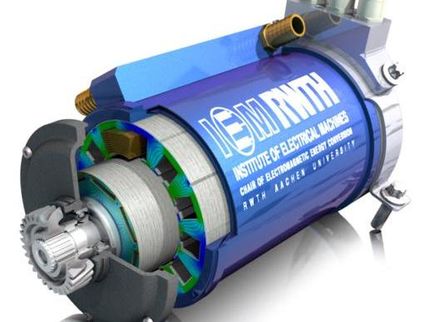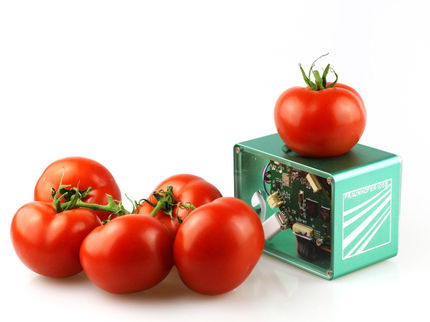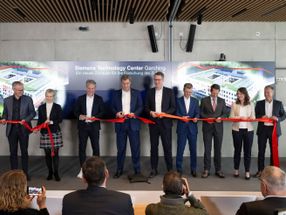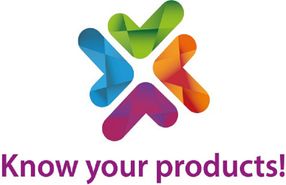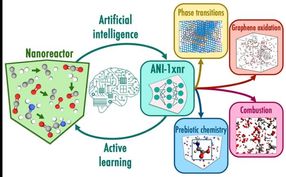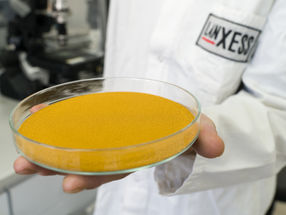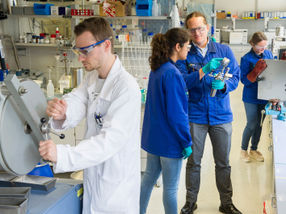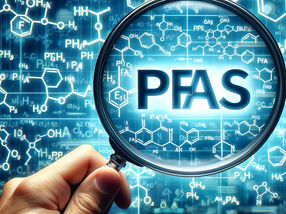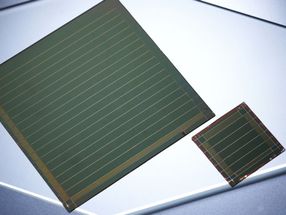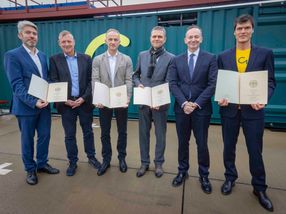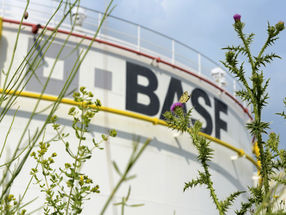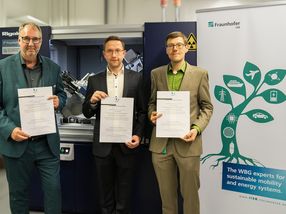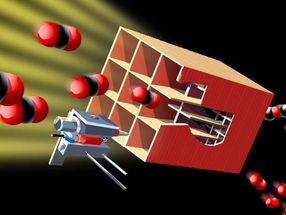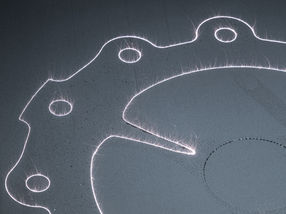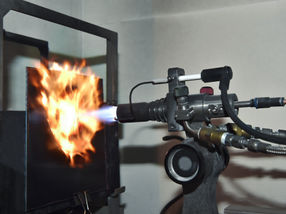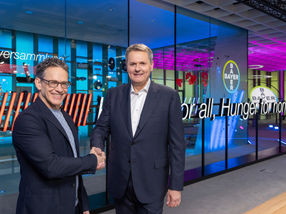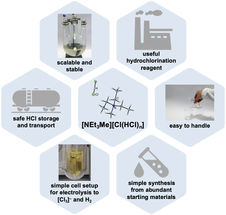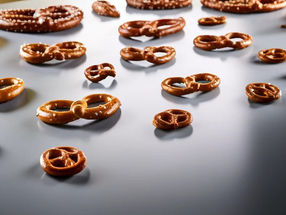European SCADA System Market
Dynamic Market Keeps Expanding Despite Reaching Greater Maturity
SCADA is an acronym for Supervisory Control And Data Acquisition. A SCADA system allows equipment in many different locations to be monitored and controlled from a central location.
Latest research by Frost & Sullivan, released today, shows the European SCADA market generated $766.5 million in revenues in 2000. An increase of 8.1 percent on the previous year. Positive growth rates are forecast for this market as development continues within all geographical regions and most product segments. Revenues are expected to reach $1.16 billion in 2007.
The report's author, Brian Flannery, explains the positive growth trends being displayed by the market: "Growth in the SCADA market has seen a resurgence predominantly due to the recent interest of manufacturing execution systems (MES), that tie in e-manufacturing on the plant floor with e-business systems that automate financial aspects of the concern."
"With end-user sectors continuing to invest heavily in new monitoring, visualisation and control equipment, the market is expected to experience a renewed period of expansion," Mr Flannery continues.
The report highlights several key opportunities for growth. Increased demand for industrial automation from companies enticed by the benefits of web-enabled automation is fuelling the SCADA market. This is a growing trend across the European market as a whole, and is driven by the increasingly international nature of business, as globalisation of markets continues to spread.
Another trend within the SCADA industry is for strategic mergers and acquisitions between companies, in particular market leaders that very often look to maintain or increase their share by this process of mergers or acquisitions of rival competitors that have technical expertise in a specific area. The main advantages of this strategy are to diminish the threat from competition, extend the product range without the need for research and development, enlarge the company's customer base and increase the total of qualified and experienced staff in the field.
Whilst demand for most of the sectors is looking encouraging and forecast to grow, especially for the Windows NT and the SCADA hardware sectors, Windows 9x/3.x is not expected to perform as well and is projected to decline in relative importance as the market shifts toward rival technologies as end-users opt for more robust platforms.
The study also found the global trend towards process automation within the food and beverage industry is opening up new markets for both SCADA software and related component products. "The expansion of the European SCADA systems market over the last few years has stemmed mainly from end-users involved in the manufacturing and food and beverage sectors, where demand for SCADA solutions is rising more sharply than in other sectors." Mr Flannery continues.
"In previous years, factories involved in food and drink production have not necessarily required the level of control offered by a SCADA system, but many industries now find the prospect of product quality control across multiple plants very attractive. Food and beverage is currently a major application for the European SCADA market."
SCADA hardware is the largest segment of the total European SCADA systems market, and in 2000 held 74.1 percent of the total European revenues. Windows NT based SCADA software has seen rapid growth that has been boosted by the introduction of Windows NT 4.0 making it the second largest segment of the total European SCADA systems market, and the largest software segment with 13.4 percent of total revenues.
Report Code: 3754, Publication Date: October 2001, Price: 5000 Euros
For more information contact: Nikki Cole nikki.cole@fs-europe.com Tel. +44 (0) 20 7343 8325
Most read news
Organizations
Other news from the department research and development

Get the chemical industry in your inbox
From now on, don't miss a thing: Our newsletter for the chemical industry, analytics, lab technology and process engineering brings you up to date every Tuesday and Thursday. The latest industry news, product highlights and innovations - compact and easy to understand in your inbox. Researched by us so you don't have to.
